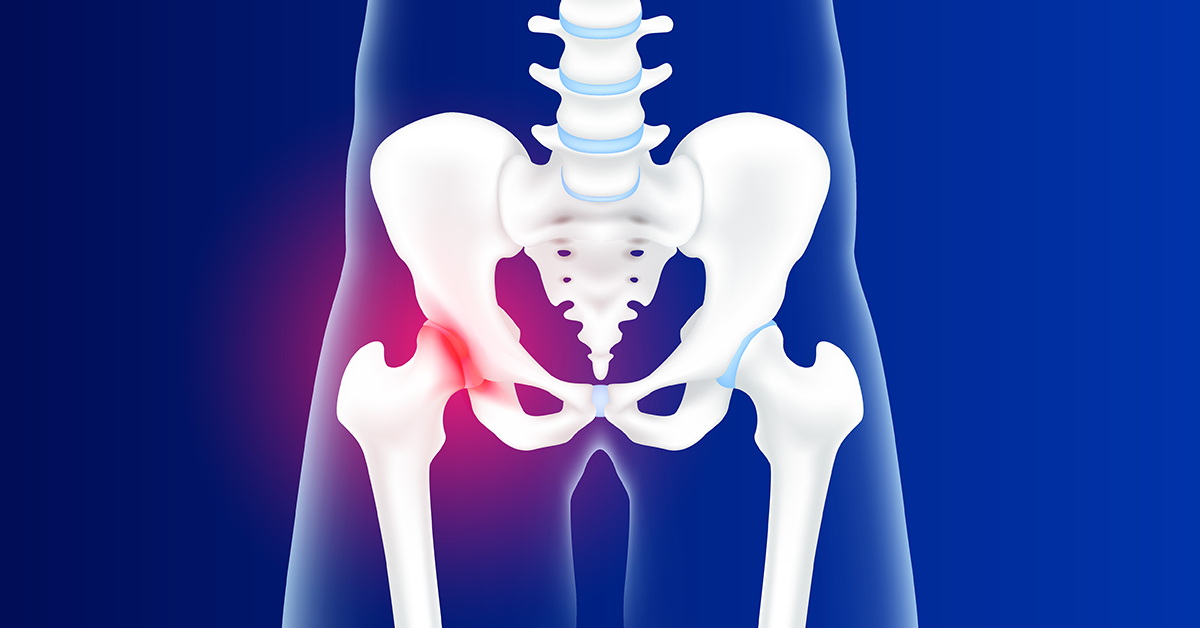
Will Hip Replacement Change How I Walk?
Hip replacement surgery is a transformative procedure for many people suffering from chronic hip pain and mobility issues. One of the most common concerns patients have is whether the surgery will change how they walk. The answer largely depends on your pre-surgery condition, the success of the surgery, and your commitment to rehabilitation.
Immediate Post-Surgery Effects
In the days immediately following hip replacement surgery, you will likely notice changes in how you walk. Initially, walking aids such as crutches or a walker are used to help you move around safely. This is due to the need to protect your new hip joint and allow your body time to heal. You may experience some stiffness and discomfort as you start to walk again, but these symptoms typically improve with time and rehabilitation.
Long-Term Improvements
For most patients, hip replacement surgery leads to significant improvements in walking. The primary goals of the surgery are to relieve pain, restore function, and improve mobility. Many patients who struggled with pain and limping before surgery find that they can walk more naturally and comfortably afterward. The removal of the damaged joint and the introduction of a smooth, artificial joint often eliminate the pain that was causing an abnormal gait.
The Role of Physical Therapy
Physical therapy is crucial in helping you regain your normal walking pattern. A structured rehabilitation program focuses on strengthening the muscles around your hip, improving flexibility, and ensuring proper joint alignment. Your physical therapist will guide you through exercises and techniques designed to enhance your walking ability. Consistently following your physical therapy regimen is key to achieving the best possible outcome.
Potential Challenges
While most patients experience improved walking after hip replacement, some may face challenges. Factors such as the severity of pre-surgery joint damage, the presence of other health conditions, and overall physical fitness can affect the outcome. Some patients may have a residual limp or slight gait changes, especially if their muscles were weakened or their joint damage was severe before surgery.
Long-Term Mobility
In the long term, many patients find that their walking ability continues to improve for months or even years after surgery. Regular exercise and maintaining a healthy lifestyle can further enhance the benefits of the hip replacement. It’s important to stay active and continue practicing the exercises recommended by your physical therapist to maintain strength and flexibility.
Hip replacement surgery has the potential to significantly improve how you walk by relieving pain and restoring joint function. While there may be some temporary changes in your walking pattern immediately after surgery, most patients experience long-term improvements. The success of your recovery depends on the surgery's success, your overall health, and your dedication to rehabilitation. If you have concerns about how hip replacement will affect your walking, discuss them with your healthcare provider to ensure you have the information and support you need for a successful recovery.
